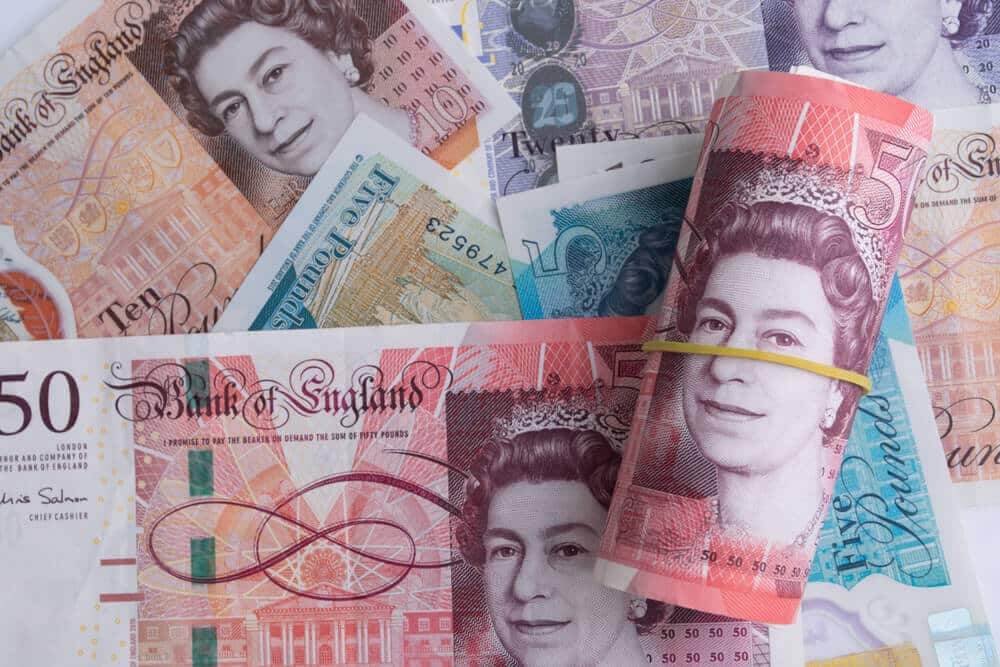
British Pound Performs the Worst Amongst G-10
It’s an eventful day for the forex market today as the British pound finds its way into the main spotlight. Renewed Brexit troubles raise concerns among investors as the coronavirus keeps insinuating shockwaves into its economy.
After the latest negotiations between the UK and the European Union, GBP fell against the greenback on Friday. Both sides refused to meet common ground on lingering issues since Britain’s departure from the EU earlier this year.
To make matters worse, British prime minister Boris Johnson threatened to walk away from the talks altogether. Both barely made any significant progress on key discussions, such as trade and movement of citizens.
Because of this, the British pound will end this week as the worst performing currency against 9 other major options. This signals a prolonged, painful journey for forex in coming weeks.
This also raises the stake for the United Kingdom, which needs to end its transition period on December 31, 2020. If it doesn’t end the year without a free-trade deal, it could drag its economy down to its worst recession.
The Group-of-10 currencies are highly risk-driven against the dollar. After the country hibernated since the end of last year, it could see an even deeper dive through 2020.
Brexit’s rocky year in 2019 triggered high volatility for the sterling, even to this day. Successive elections, failed parliamentary votes, and rapid changes in monetary policies were its biggest factors.
In fact, its currency’s volatility is only second to Norway’s krone in G-10 currencies.
Market Expectations
So far, forex trading pushed the British pound by 1.7% through the week to $1.22. It was on track for its worst decline in two months since late March. If it closes Friday below this mark, it could prompt a prolonged bearish market for weeks.
That said, experts believe that it will continue to slip through these support levels and even lower, short-term. This almost eliminates the market’s appreciation for the currency despite economist’s belief that it would climb 3% this week.
As investors view the UK more negatively through its debate with the European Union, it could encourage a sterling sell-off. MUFG believes that the country is in an odd position of having a unique risk when compared to the EU.
Nonetheless, some analysts are still expecting the British pound to see a little more gain in the future. Since the opposing factions have June and September updates, sterling could still recover quarter-by-quarter.




